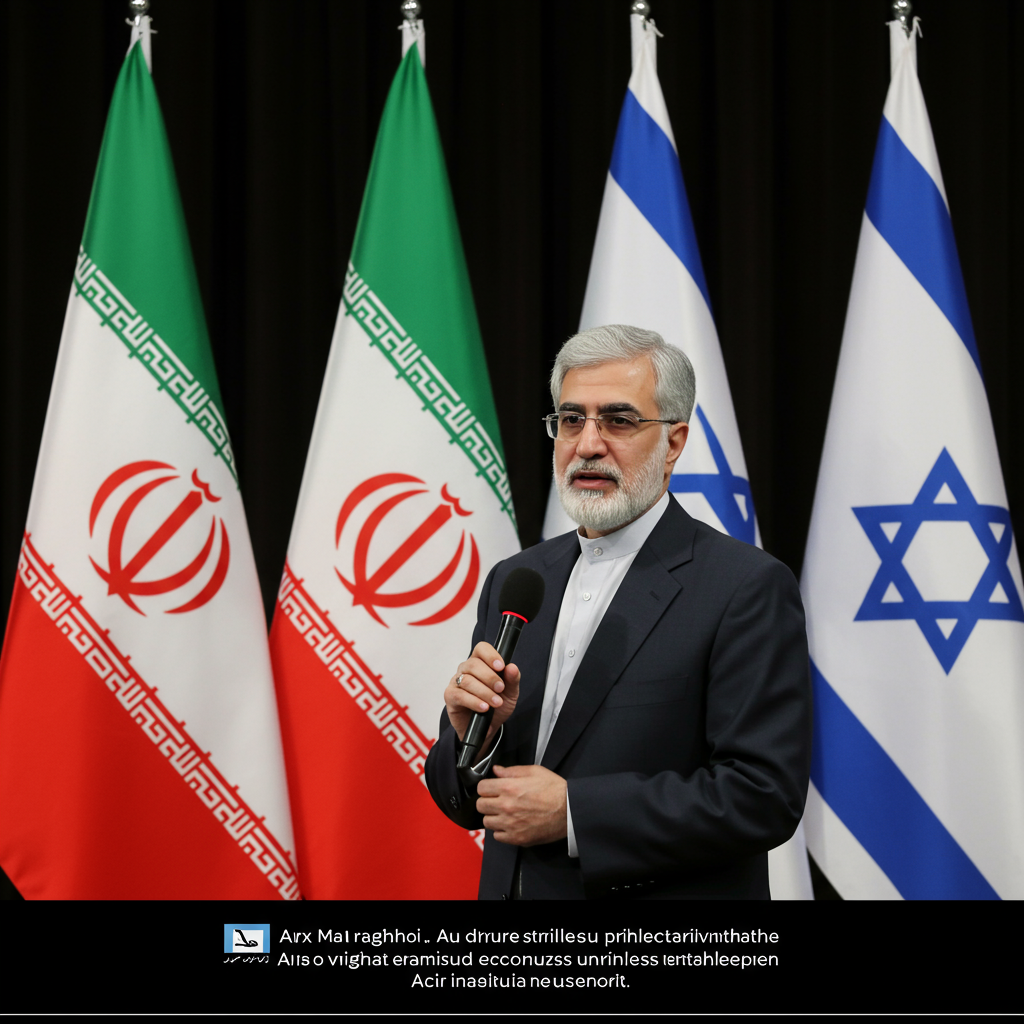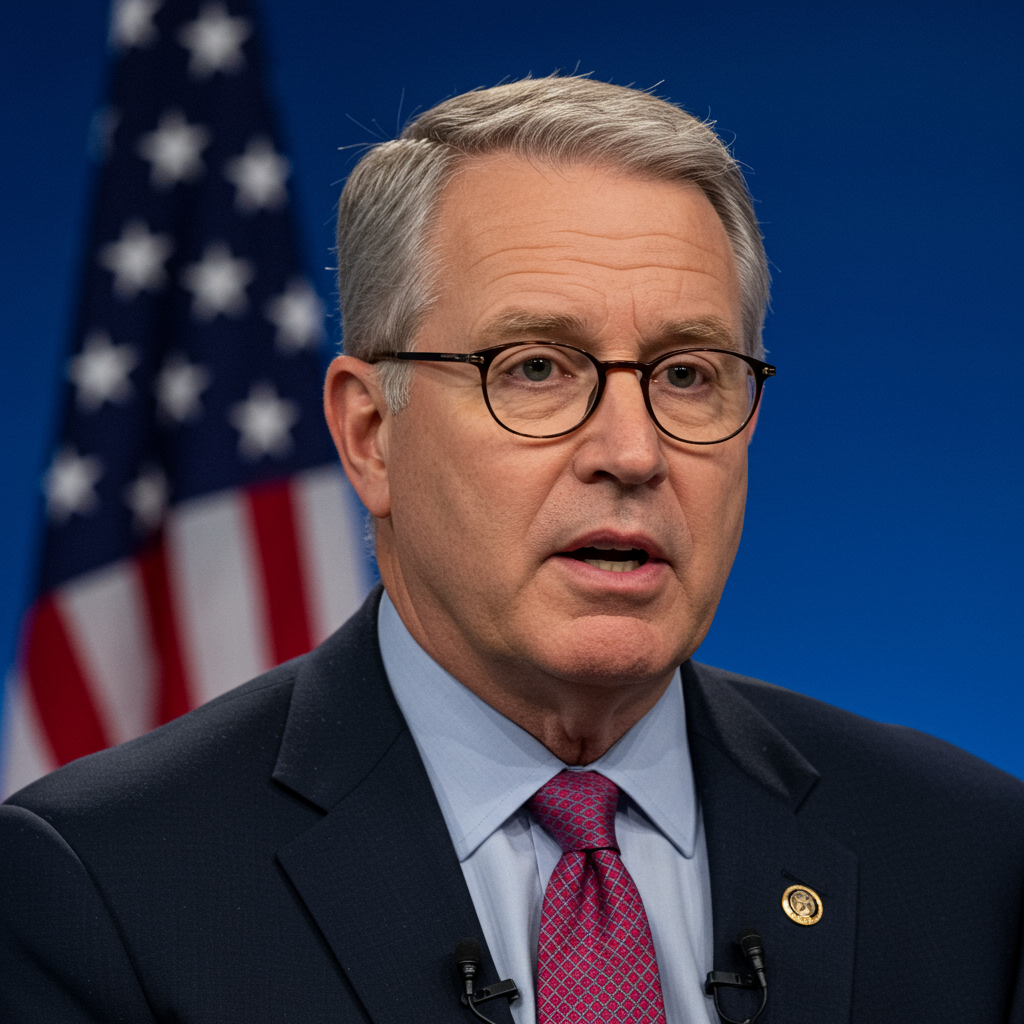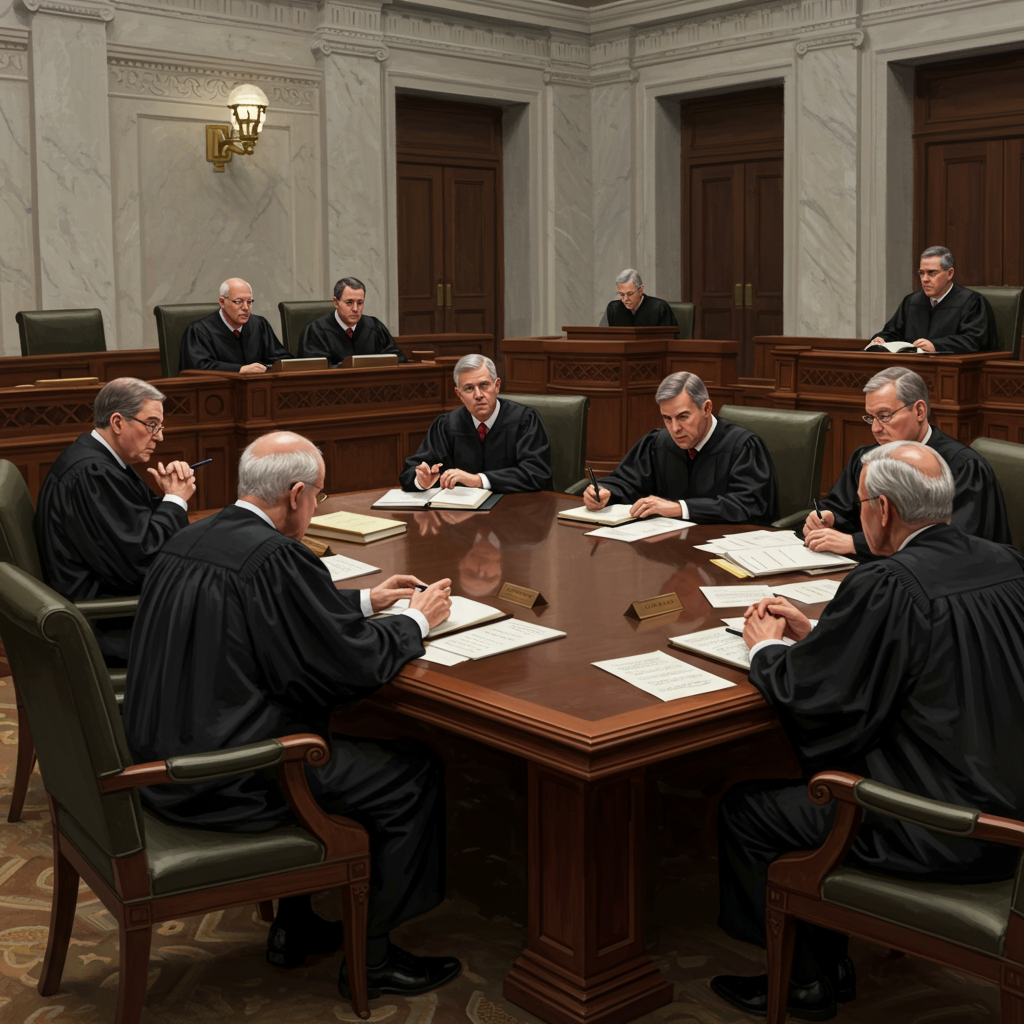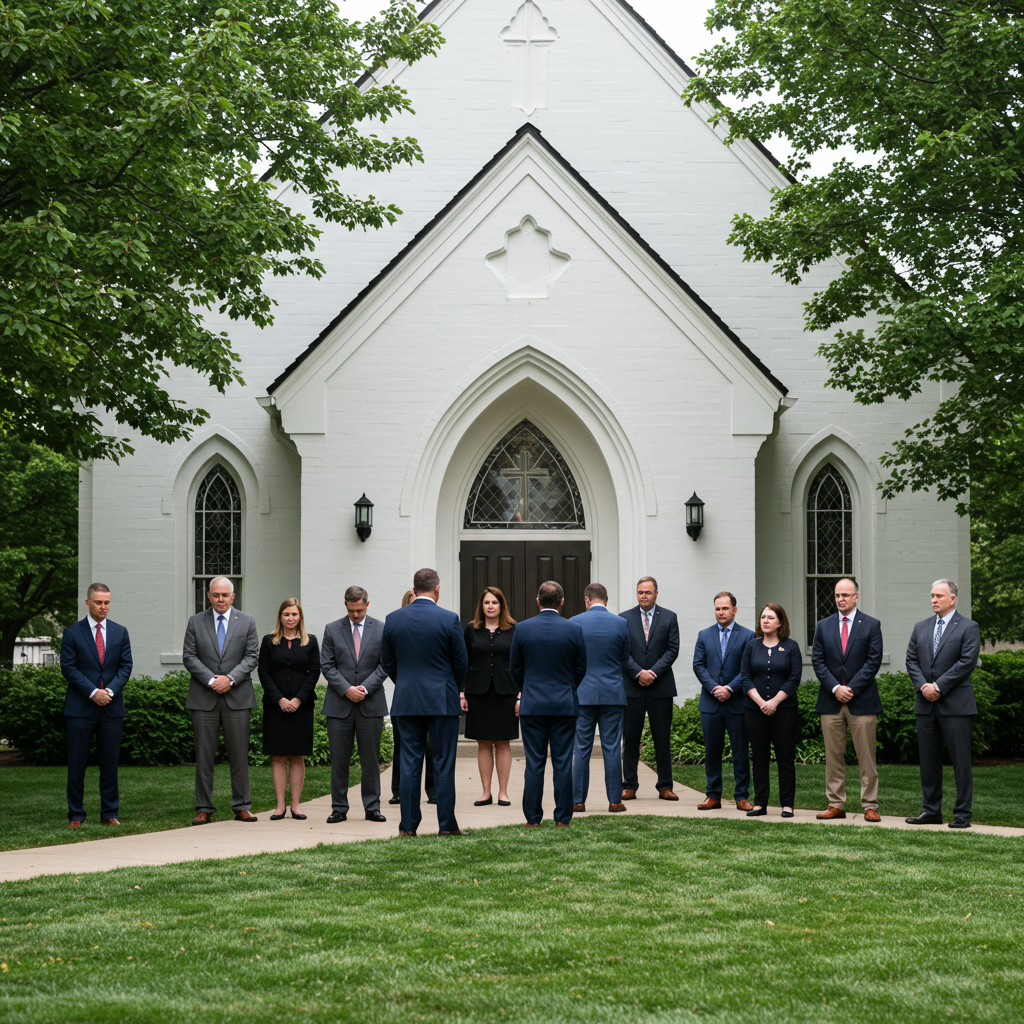Direct conflict between long-time adversaries Iran and Israel has dramatically escalated, leading to open warfare and raising widespread concerns about regional stability. Amidst the intense military exchanges, diplomatic warnings and anxieties over Iran’s nuclear program have taken center stage.
Iran Warns US Against Intervention
Iranian Foreign Minister Abbas Araghchi has issued a stark warning that any involvement by the United States in the current conflict would be “very, very dangerous.” Speaking in Istanbul, where he was holding diplomatic talks, Araghchi claimed, without providing evidence, that the US had been involved in the “aggression since day one.” He stated that Iran could not engage in negotiations with the US while its people were “under bombardment,” reiterating that diplomacy could only resume “once the aggression is stopped” and the aggressor held accountable. This stance underscores the challenges facing efforts to de-escalate the crisis through talks.
Key Commanders Targeted in Israeli Strikes
Israel’s military has intensified its campaign inside Iran, claiming responsibility for the assassination of several key Iranian figures. Among those reportedly killed are Saeed Izadi, identified as the head of the Palestine Corps within the IRGC’s Quds Force and a crucial link to Palestinian groups like Hamas, reportedly instrumental in planning the October 7, 2023 attacks. He was allegedly targeted in Qom. Another reported casualty is Behnam Shahriyari, head of Quds Force Unit 190, which is responsible for smuggling weapons and funds to proxies like Hamas and Hezbollah. Shahriyari was reportedly killed by a drone strike in western Iran. The IDF has hailed Izadi’s killing as a “tremendous intelligence and operational achievement” and a pivotal moment in the multi-front war. These targeted strikes highlight potential vulnerabilities in Iran’s security apparatus.
Iran has responded to Israeli actions with barrages of missiles and drones aimed at Israeli cities. Casualty reports from both sides remain grim; Iran’s health ministry, citing Nour news agency, reported at least 430 people killed and 3,500 injured in Iran since the conflict began on June 13. Israel has reported 25 people killed and 2,517 wounded in the same period.
Nuclear Program Back in Focus
The escalating conflict has reignited international concerns about Iran’s nuclear ambitions. French President Emmanuel Macron recently stated that he agreed to accelerate negotiations with Iran regarding its contested nuclear program following a call with Iranian President Masoud Pezeshkian. Macron emphasized his demand: “Iran must never acquire nuclear weapons,” urging Tehran to provide every assurance of peaceful intentions.
Concerns are echoed in the US intelligence community. US Director of National Intelligence Tulsi Gabbard reportedly changed her assessment, suggesting Iran could build nuclear weapons “within weeks,” a swifter timeline than previously indicated. Former President Trump has also maintained his view that Iran is close to a weapon, setting a two-week deadline for a deal and reportedly considering military options, including striking the underground Fordo enrichment site. The IAEA has previously raised concerns about Iran possessing enough uranium enriched to 60% purity for potentially nine bombs and has reported physical damage to components at the Natanz enrichment facility.
Diplomatic Efforts Face Hurdles
While international calls for de-escalation are mounting, diplomatic breakthroughs remain elusive. European powers have sought to engage Iran on the nuclear issue, but Tehran insists that military aggression must cease before meaningful diplomacy can resume. Turkish President Recep Tayyip Erdogan has criticized Israel, calling it the “biggest obstacle to peace,” while the Arab League condemned Israeli strikes as a “blatant violation” of sovereignty. A senior UAE official warned that a prolonged conflict would have a “very difficult aftermath” for the entire Gulf region, urging a rapid end.
Other Developments Amidst Crisis
The conflict has triggered other significant developments within Iran. The country experienced what was described as the “worst” internet blackout in its history of controls, lasting nearly three days, which sources close to Iranian authorities claimed was aimed at preventing Israeli operations inside the country. Facing unprecedented threats, Iran’s Supreme Leader Ali Khamenei has reportedly named three senior clerics as potential successors in case of his death or assassination. Human rights group Amnesty International has also raised alarms about a surge in politically motivated death sentences in Iran since June 13, citing arrests for alleged collaboration with Israel and concerns about unfair trials and forced confessions. Meanwhile, tracking data shows a significant increase in US military aircraft activity over the eastern Mediterranean, suggesting a “build-up of warfighting capability” in the region.




